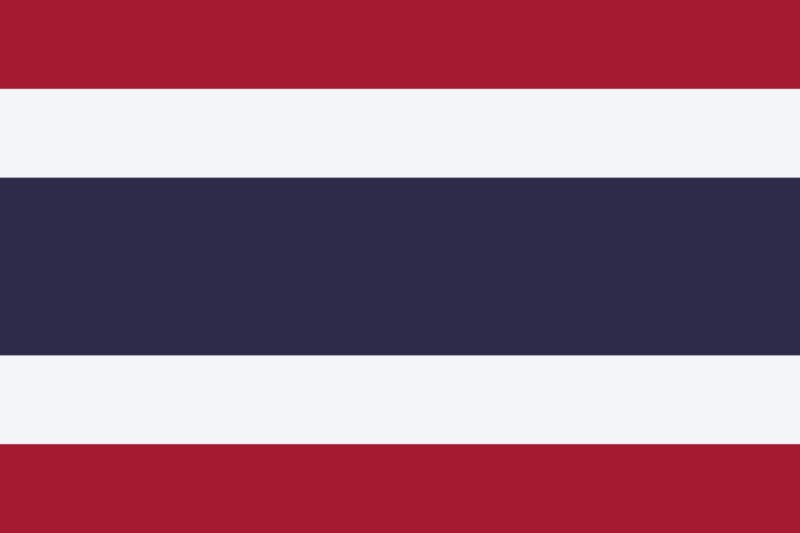Key Points
1. On August 22, the Thailand Department of Disease Control announced that the first domestic case of Mpox virus (Clade 1) has been confirmed in a European patient who traveled to Thailand from Africa.
2. For detailed information on the strengthened disease prevention and control measures by Thai authorities, please refer to the Thailand Department of Disease Control’s website:

Main Text
1. Going forward, travelers arriving in Thailand from any of the 42 countries with yellow fever outbreaks, regardless of where they have transited, will be required to register through the Thailand Health Pass digital platform. They will undergo infection screening by staff from the International Communicable Disease Control Division, which includes temperature checks, inquiries about symptoms, and observation of skin rashes. If symptoms consistent with Mpox are observed, the traveler will be isolated, their medical history will be reviewed, and samples will be taken for clinical testing at the International Infectious Disease Control Quarantine Facility before being referred to the Bamrasnaradura Infectious Diseases Institute (BIDI).
Note: Countries with yellow fever outbreaks: Angola, Benin, Burkina Faso, Burundi, Cameroon, Central African Republic, Chad, Democratic Republic of the Congo, Republic of the Congo, Côte d’Ivoire, Equatorial Guinea, Ethiopia, Gabon, The Gambia, Ghana, Guinea, Guinea-Bissau, Kenya, Liberia, Mali, Mauritania, Niger, Nigeria, Senegal, Sierra Leone, South Sudan, Togo, Uganda, Argentina, Bolivia, Brazil, Colombia, Ecuador, Guyana, Panama, Paraguay, Peru, Suriname, Trinidad and Tobago, Venezuela.
2. Regarding the European patient who was confirmed with the infection, 43 people who had close contact with the patient upon arrival in Thailand were monitored, but no symptoms have been observed among the close contacts so far. The Department of Disease Control will continue monitoring for 21 days. It is recommended that anyone who experiences fever, rash, or swollen lymph nodes after contact should seek medical attention immediately. Mpox typically causes symptoms such as rash, fever, headache, and muscle aches, but most patients do not exhibit respiratory symptoms like coughing or runny nose, making the likelihood of infection lower than diseases such as COVID-19 or influenza. Since Mpox primarily spreads through close contact, important preventive measures include frequent hand washing with soap or alcohol gel, avoiding close contact with strangers, and avoiding contact with imported rodents such as squirrels or rats, as well as avoiding areas with outbreaks.





Comment